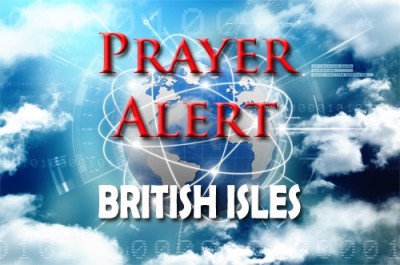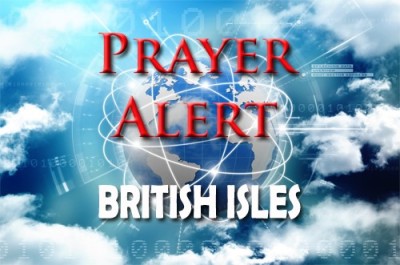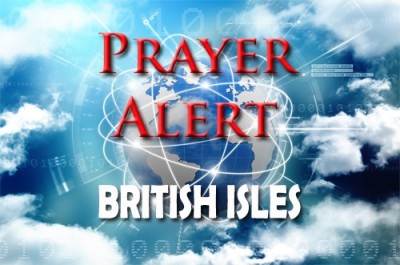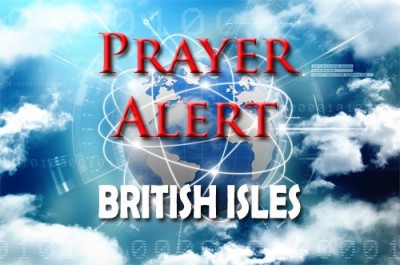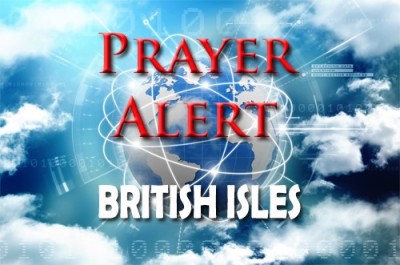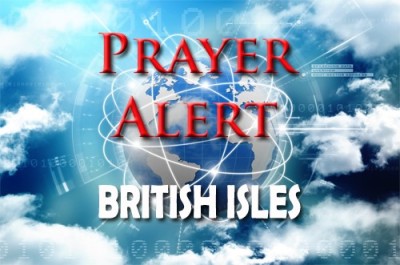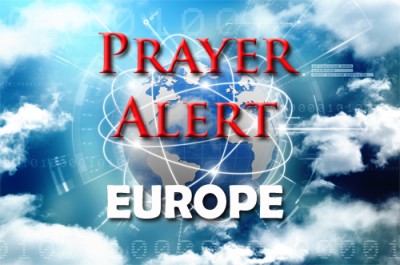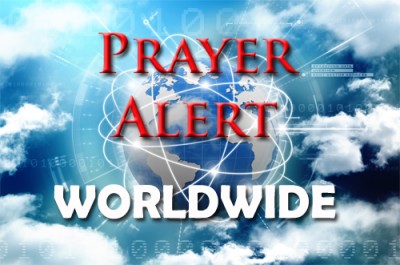Reform UK leader Nigel Farage has defended his hardline immigration plan, ‘Operation Restoring Justice’, which would see all illegal Channel crossings - including those by women and children - met with deportation if his party won power. He argued that the proposals align with Britain’s Judeo-Christian heritage, despite opposition from Church leaders, whom he accused of being 'out of touch' with ordinary believers. Farage suggested that criticism from bishops and 'The Establishment' was inevitable, but insisted meaningful change often comes through struggle. His plan includes withdrawing from the European Convention on Human Rights, scrapping the Human Rights Act, and suspending treaties used by courts to block deportations. Labour dismissed the proposals as an 'unworkable gimmick,' while Conservative leader Kemi Badenoch accused Reform of copying Tory policies. The announcement follows rising protests near asylum seeker accommodation and record asylum claims in 2024. Reform UK claims it could deport up to 600,000 people in its first term. See
A surge in flag-flying across Blackley, north Manchester, has sparked fierce debate about patriotism, immigration, and racism. England and Union Jack flags now line lamp posts and homes, part of a wider campaign called 'Raising The Colours’. Supporters argue it is a proud display of national identity and frustration with government failures on illegal migration, insisting the flags are not racist. Don and Anne Lees, who joined the movement, said it made them 'proud to be English’. Yet critics see the campaign as intimidating, echoing past racial tensions. One resident compared the masked men who put up flags at night to the far right of the 1970s, warning that Polish neighbours might feel threatened. While some shopkeepers welcome the extra sales, others worry that it risks division. Labour MP Graham Stringer said patriotism has deep roots in Blackley and insisted national flags 'shouldn’t feel threatening’, urging people not to see them as owned by extremists. Rising asylum numbers and strained services fuel the controversy.
More than 500 arrested at Notting Hill Carnival
29 Aug 2025This year’s Notting Hill Carnival saw more than 500 arrests over two days, a sharp rise from 349 in 2024. Police deployed over 7,000 officers daily, supported by CCTV, knife searches, and live facial recognition technology, which directly led to 61 arrests, including a registered sex offender, a machete attacker, and a fugitive wanted for a decade. While four stabbings occurred, none were fatal - a reduction in serious violence compared to recent years when murders took place. Arrests included 167 for drugs, 50 for offensive weapons, 21 for sexual offences, and 55 for assaults on police, with two officers requiring hospital treatment. Deputy assistant commissioner Matt Ward praised both proactive policing and carnival organisers for discouraging violence. Despite improvements, concerns remain over crowd safety and overcrowding risks. An independent review is expected to report in October.
67 people charged over Palestine Action support
29 Aug 2025The Metropolitan Police have confirmed that 67 people have been charged under section 13 of the Terrorism Act for allegedly showing support for Palestine Action, a proscribed organisation. Those charged, aged between 21 and 83, were arrested during central London protests on 5 and 12 July. They face a maximum sentence of six months’ imprisonment and are due to appear for trial in September and October. Since the group’s proscription on 5 July, more than 700 arrests have been made nationwide. Critics argue the ban infringes free speech, but Yvette Cooper insists Palestine Action has been responsible for serious crimes, including aggravated burglary and violent disorder. Commander Dominic Murphy rejected claims that protests had stretched police resources, stressing that law enforcement remained robust. The group has been granted permission to challenge the ban in the High Court in November, setting up a legal battle over the boundaries between protest and terrorism.
In a televised cabinet meeting, Donald Trump launched a furious tirade against the UK, blaming wind farms for rising energy costs. Reviving his long-standing grudge against offshore turbines near his Scottish golf course, he falsely claimed that 'windmills' had sent UK energy prices 'through the roof' and were 'ruining every country’. He also repeated discredited conspiracy theories linking turbines to whale deaths, despite scientists attributing recent strandings to climate change and warming seas. Experts note that wind power is in fact one of the cheapest energy sources, significantly undercutting gas, coal, and nuclear power. Surveys show it is the UK’s second most popular form of energy generation, just behind nuclear, while fossil fuels remain the least favoured. Trump also criticised solar farms for taking up too much land and suggested the UK faced a 'bad awakening' for closing down oil operations. His comments marked a rare direct attack on a US ally, stirring debate over his reliability on climate and energy issues.
Fertility rates in Great Britain have fallen to record lows, continuing a long-term decline seen since 2010. In England and Wales, the average dropped to 1.41 babies per woman in 2024, while Scotland recorded an even lower 1.25. Demographers say a replacement rate of 2.1 is needed to sustain population levels. Despite this, the number of births rose in 2024 due to immigration-driven population growth, with more women of childbearing age now living in the UK. Births to mothers from southern Asia and Africa have risen sharply, while births to EU-born mothers have declined since Brexit. Luton now records the highest fertility rate, with seven in ten babies born to foreign-born mothers. Fertility has fallen in all local authorities since 2014, though Birmingham has seen a recent rise. Experts warn that fewer babies combined with an ageing population will increase economic pressure, as fewer workers will be available to support rising healthcare and pension demands in the future.
Donald Trump is intensifying pressure on the EU and other nations over digital regulations and taxes which he argues unfairly target American technology companies. Threatening new tariffs and restrictions on exports, he has warned that countries with policies he deems discriminatory will face consequences unless they roll back their measures. At the heart of the dispute are the EU’s Digital Services Act and Digital Markets Act, designed to curb monopolistic practices and require platforms to tackle harmful content, but viewed by Washington as an attack on US firms like Google and Meta. The standoff raises tensions at a delicate stage in transatlantic trade talks, with many issues unresolved despite a preliminary agreement. Analysts caution that Europe is unlikely to reverse rules which represent long-sought goals of digital sovereignty, while Trump’s negotiating tactic is seen as ‘keep on pushing, keep on demanding: nothing is ever fully agreed upon.’
Tragedy struck Minneapolis when a gunman opened fire during a worship service at a Catholic school, killing two children aged eight and ten and injuring at least seventeen others. The attacker, 23-year-old Robin Westman, heavily armed with a rifle, shotgun, and pistol, was later found dead. Authorities say he acted alone and had no extensive criminal history; his motive remains unclear. Ten victims remain in critical condition, with several requiring urgent surgery. The violent assault has devastated families, leaving parents grieving, children fighting for their lives, and a city grappling with profound trauma. Officials described the community’s heartbreak as immeasurable, with the mayor calling for more than empty platitudes. The event has reignited anguished questions over gun violence, safety in places of worship, and the vulnerability of schools meant to be sanctuaries for children.
